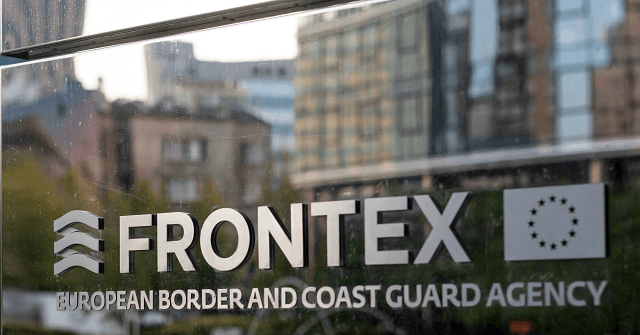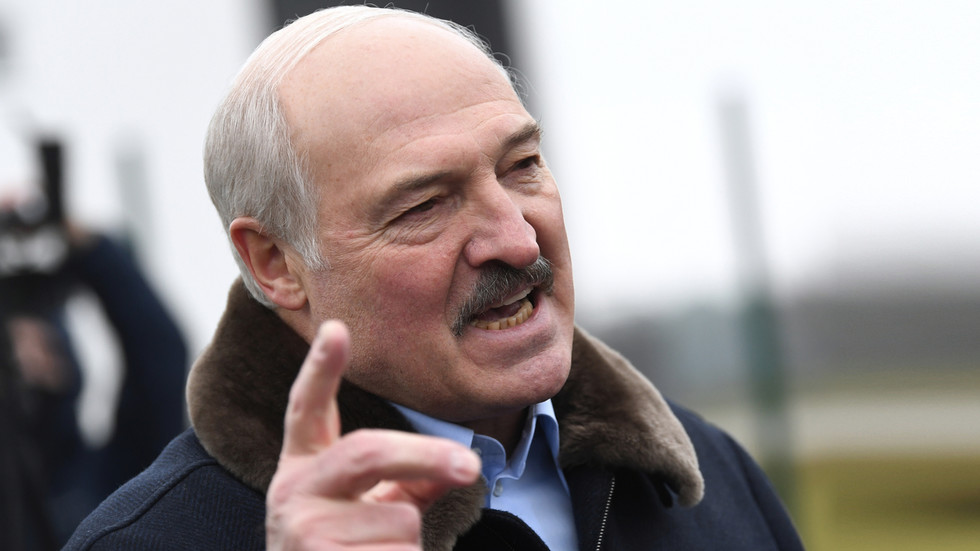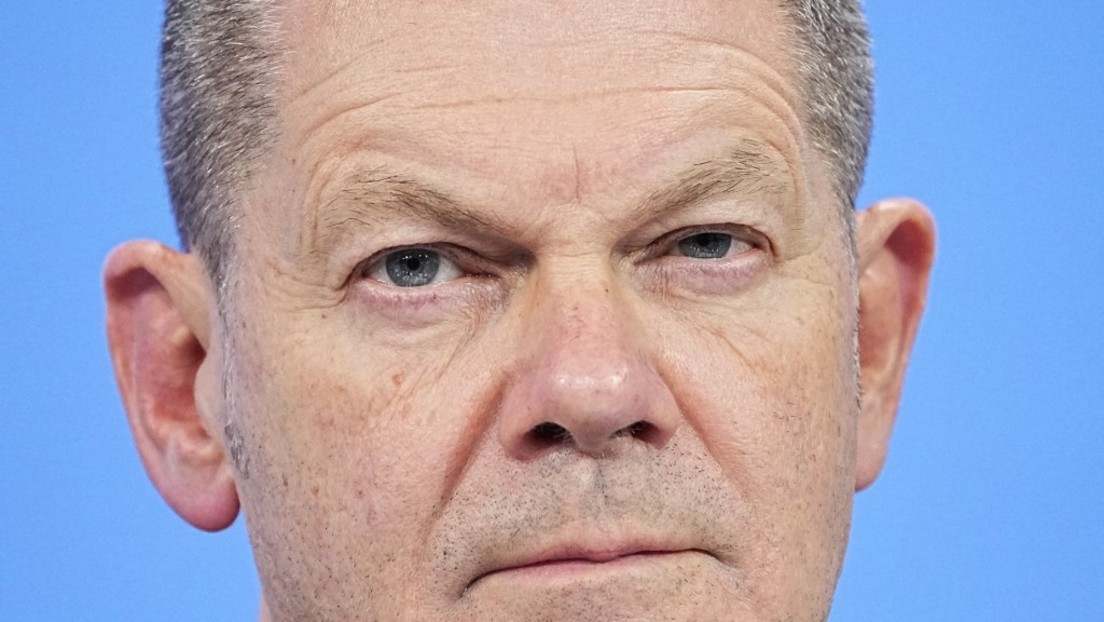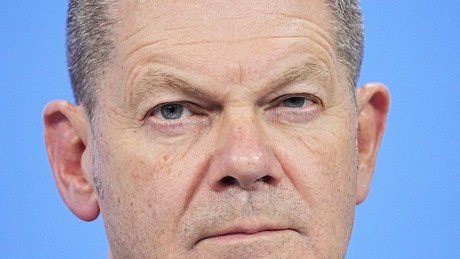I'm going to go against the trend in this thread and propose, in response to its title, that the EU is not a sinking ship, nor is it 'being destroyed', or anything resembling this or similar metaphors.
The 'Brexit thing' has spurred me to reconsider, over the last few years, how I see the EU, and where I 'stand' on it. I've been to both extremes. I went to a European School with other kids whose parents worked for EU institutions. To me then, the EU was as natural as trees in a forest. And who wouldn't want a forest to grow big and strong?! Later, I rebelled against it, railing against its 'democratic deficit' and its role as a 'Globalist/NWO Trojan Horse for totalitarianism', actively campaigning against ratification of the Lisbon Treaty, aka 'the EU Constitution' in both Irish referendum votes.
In the meantime, the EU has been hit with several major crises: the 2008 financial crisis, which caused a sovereign debt crisis in the eurozone; the wave of mass migration that peaked in 2015; and of course Brexit. The talk (hysteria, it turns out) of the EU 'collapsing any day now' has been droning on for at least the last decade... and yet it's still there. Not only is it still there, I'm impressed by its resilience. From where I sit, the 325-year-old UK will break up sooner than the 25-year-old EU.
I don't like the dominant culture that informs its institutions, but then, I don't particularly like the dominant culture anywhere. In practice though, 'where the rubber hits the road', behind the words and ideology and namby-pamby liberal guff, including the 'right-wing' conservative reaction to it, Europeans are broadly (and, probably, mostly) satisfied with the basic EU architecture of a 'single market'.
Europeans seem to have accepted that they share common cultural-religious heritage, and that the EU has not, contrary to predictions (incessantly repeated in the anglosphere of course), 'destroyed national identity'. However much that may fade in the long-term, the French today very much identify as French, the Irish as Irish, etc.
The rising nationalist parties in Italy, Germany, France, Spain and the Netherlands do not want to take their countries out of the eurozone, much less the EU as a whole. They too are invested in it because they are forced to acknowledge that European integration has taken on a reality of its own, and that it's too late to reverse it without seriously harming their own countries, if 'only' economically. (The Brits are pretending they don't see this, but I think they'll come around to it sooner or later.)
Given that there are 'enemies at the gates' in the form of Islamic terrorism, mass migration, stateless financial predators, corporate raiders, the rise of China, India, Russia, etc - to say nothing of Uncle Sam's outrageous meddling in European energy security... why wish for it to break up into its constituent parts when together it's better able to handle competition and threats?
There's more that can be said about all this of course, and it's not an either/or issue, but I for one am scaling down my 'ideological activation' regarding the EU's existence and what it 'should' be like.
The 'Brexit thing' has spurred me to reconsider, over the last few years, how I see the EU, and where I 'stand' on it. I've been to both extremes. I went to a European School with other kids whose parents worked for EU institutions. To me then, the EU was as natural as trees in a forest. And who wouldn't want a forest to grow big and strong?! Later, I rebelled against it, railing against its 'democratic deficit' and its role as a 'Globalist/NWO Trojan Horse for totalitarianism', actively campaigning against ratification of the Lisbon Treaty, aka 'the EU Constitution' in both Irish referendum votes.
In the meantime, the EU has been hit with several major crises: the 2008 financial crisis, which caused a sovereign debt crisis in the eurozone; the wave of mass migration that peaked in 2015; and of course Brexit. The talk (hysteria, it turns out) of the EU 'collapsing any day now' has been droning on for at least the last decade... and yet it's still there. Not only is it still there, I'm impressed by its resilience. From where I sit, the 325-year-old UK will break up sooner than the 25-year-old EU.
I don't like the dominant culture that informs its institutions, but then, I don't particularly like the dominant culture anywhere. In practice though, 'where the rubber hits the road', behind the words and ideology and namby-pamby liberal guff, including the 'right-wing' conservative reaction to it, Europeans are broadly (and, probably, mostly) satisfied with the basic EU architecture of a 'single market'.
Europeans seem to have accepted that they share common cultural-religious heritage, and that the EU has not, contrary to predictions (incessantly repeated in the anglosphere of course), 'destroyed national identity'. However much that may fade in the long-term, the French today very much identify as French, the Irish as Irish, etc.
The rising nationalist parties in Italy, Germany, France, Spain and the Netherlands do not want to take their countries out of the eurozone, much less the EU as a whole. They too are invested in it because they are forced to acknowledge that European integration has taken on a reality of its own, and that it's too late to reverse it without seriously harming their own countries, if 'only' economically. (The Brits are pretending they don't see this, but I think they'll come around to it sooner or later.)
Given that there are 'enemies at the gates' in the form of Islamic terrorism, mass migration, stateless financial predators, corporate raiders, the rise of China, India, Russia, etc - to say nothing of Uncle Sam's outrageous meddling in European energy security... why wish for it to break up into its constituent parts when together it's better able to handle competition and threats?
There's more that can be said about all this of course, and it's not an either/or issue, but I for one am scaling down my 'ideological activation' regarding the EU's existence and what it 'should' be like.








